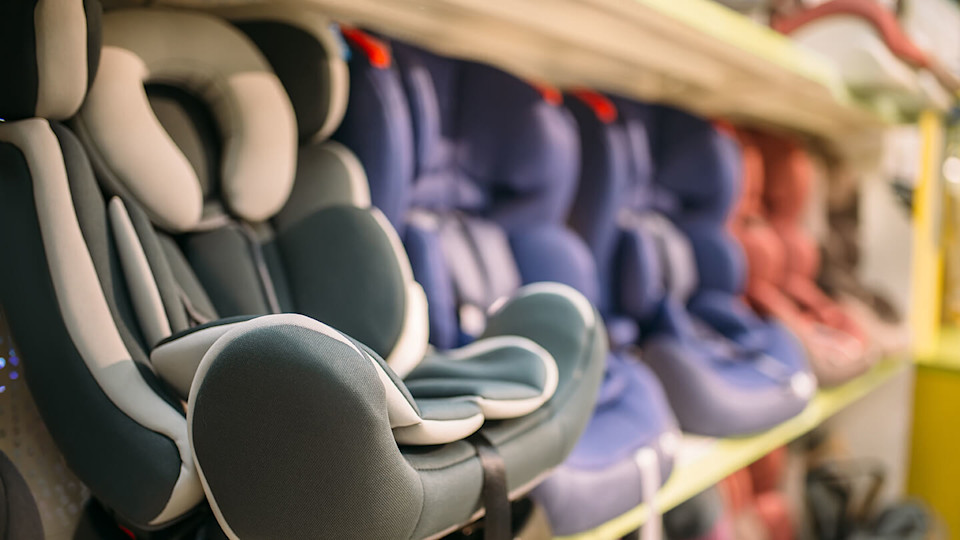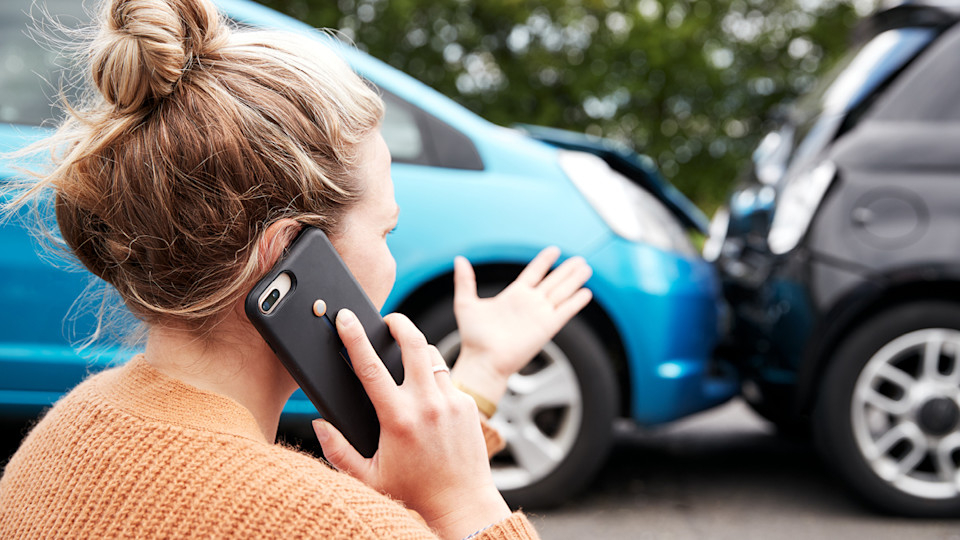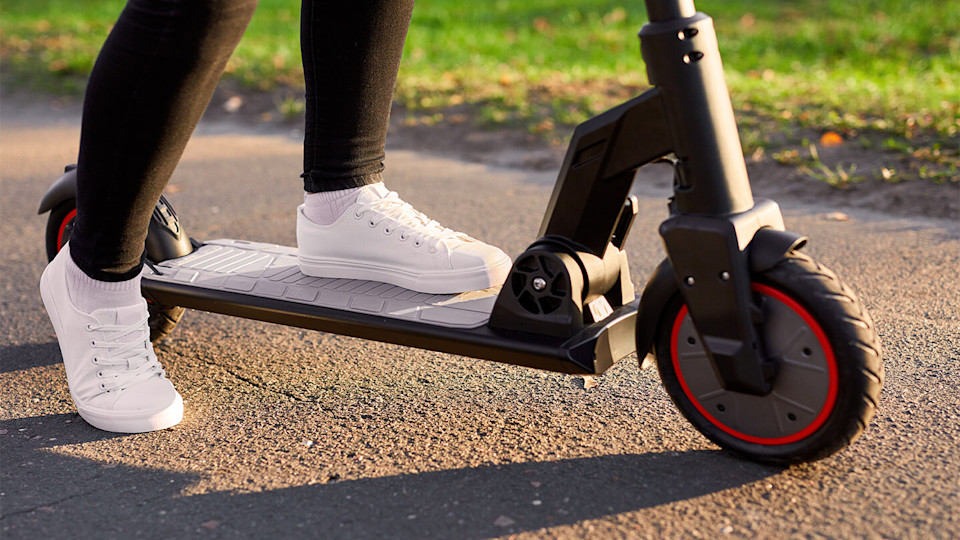Driver distractions and behaviours are some of the most dangerous threats to our roads. We are asking the public to question their own habits and the stereotypes they hold of drivers.

Personal injury
Making car seat laws simple
In February 2017 rules around children’s car seats changed. Our research has shown that nearly three quarters of parents are still unclear about the law.
Here is a quick guide to picking the right seat and keeping your family safe.
Key car seat laws
- Seats must be rear-facing until a child is 15 months or older, after this they can use a forward-facing seat.
- All children must use a car seat until they turn 12 years old, or reach 135cm in height, whichever comes first. Children must then wear seat belts.
- This also applies to children with disabilities or medical conditions, but can be adapted for each child’s needs.
- The responsibility for the safety of children in a car lies with the driver, rather than the children’s parents.
Selecting a seat
You can choose a seat based on your child’s weight or height:
HEIGHT: Approved i-Size seats should have a capital ‘E’ in and ‘R129’ on their label
WEIGHT: Approved weight-based seats should have a capital ‘E’ and ‘ECE R44’ on their label
Only EU-approved seats can be used in the UK and should be checked regularly as the child grows.
Groups for seat weight:
Babies under 10kg should lie flat in a group 0 seat. This should be a rear-facing carrier or seat using a harness.
- Older babies, weighing 9 to 18kg can be seated in a rear or forward facing baby seat, using a harness or safety shield. This is group 1.
- Children weighing 15 to 25kg fit into group 2.
- Group 3 are seats for children 22 to 36kg.
- Both group 2 and 3 can be rear or forward facing seats, including high-backed booster seats or booster cushions using seat belts, harnesses or safety shields.
Before fitting the seat
- No matter what type of seat you opt for, it should be used with a diagonal strap.
- The only exceptions are seats designed for lap belts or fitted using ISOFIX anchor points.
- If your child is traveling in a rear-facing seat in the front passenger’s side, deactivate any surrounding airbags. Do not fit a car seat in side-facing seats.
When can a child travel without a car seat?
TAXIS AND CABS: If the driver doesn’t have a seat the child must sit in the rear. If three years or older they should use a seat belt or travel without a belt if younger.
BUSES AND COACHES: In coaches children can travel without a car seat or seat belt. In minibuses they must sit in the rear and use a seat belt if three years or older, or travel without a belt if younger.
UNEXPECTED JOURNEYS: A child under three cannot travel without a car seat unless it is in a licensed taxi or minicab. Again they must travel in the rear without a seat belt.
For a child aged three years or older they can use a seat belt if the journey is unexpected, necessary and over a short distance.
Contact us
For more information call Slater and Gordon Lawyers on 0330 107 6463 or contact us and we’ll call you.
All information was correct at the time of publication.


Micase RTA is a claims portal providing an innovative new way of making a compensation claim for whiplash. Read more to find out how micase can help you.

E-scooters are relatively new additions to our roads, but they are becoming increasingly popular in the UK. If you’ve been injured whilst riding an e-scooter, or you’ve been injured by an e-scooter colliding with you, Slater and Gordon may be able to help you claim compensation.

We understand how life-changing road collisions can be for both you and your loved ones. RoadPeace is a national UK charity which supports road crash victims and their families, both emotionally and practically. Read more about our partnership with RoadPeace.